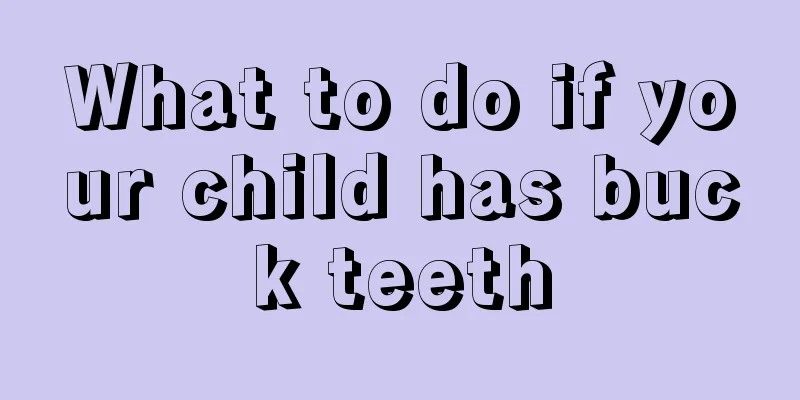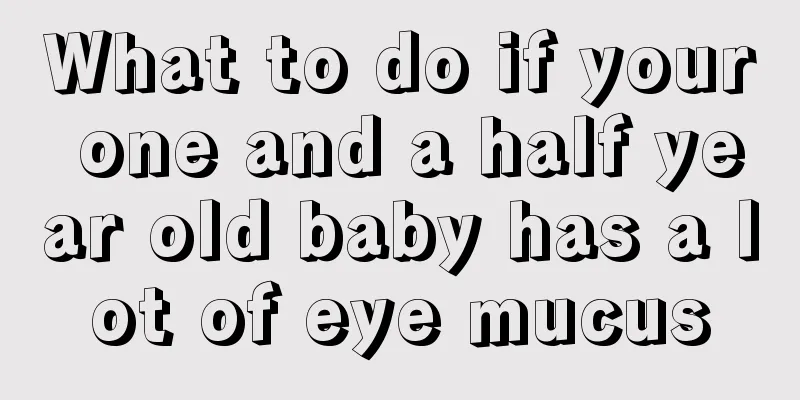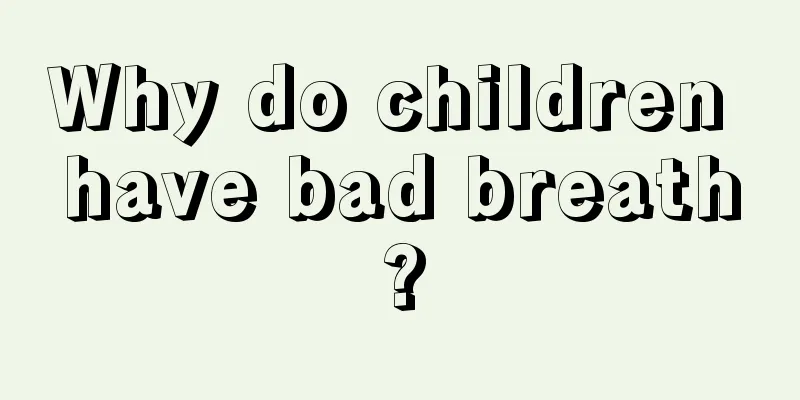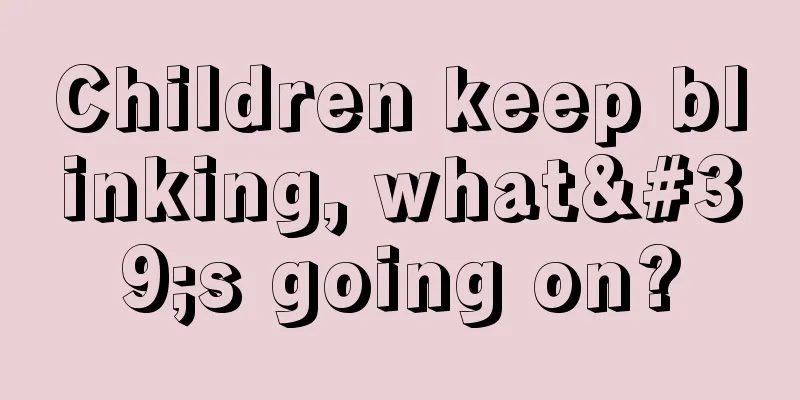What's going on when a child coughs, has phlegm in his throat and keeps snoring?
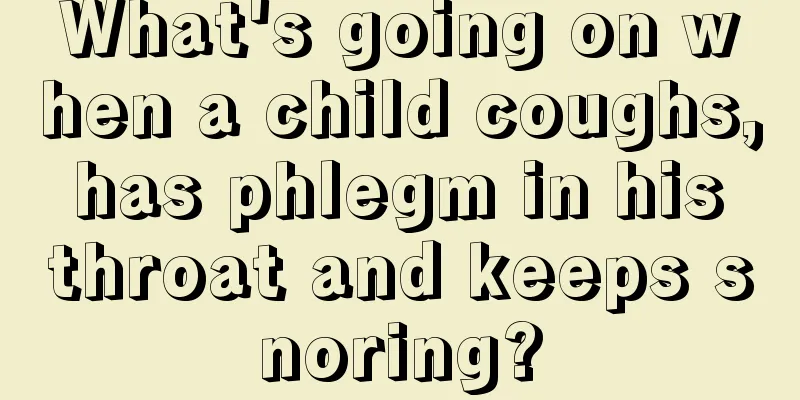
|
If your baby has phlegm in his throat, it is usually caused by bronchitis due to a cold, which is a bacterial infection. Parents need to pay attention to it and treat the baby in time. When treating the baby, let the baby drink more water and keep the diet as light as possible, and do not eat greasy food. If the symptoms are more serious, you must go to the hospital for examination and treatment in time. Treatments for bronchitis 1. Change body position. You can change your baby's position frequently to make it easier for phlegm to be discharged. But avoid strenuous activities and games to prevent the cough from getting worse. 2. Humidify the air. You can use a humidifier to humidify the indoor air and moisten your baby's respiratory tract. But be sure to clean the humidifier thoroughly to avoid breeding pathogenic microorganisms. 3. Pat the back. Pat the baby’s back with your hands. Vibration can loosen secretions and help babies expectorate. When patting the baby's back, the baby can be placed in prone or side lying position. The parent's hand should have the back of the hand raised, the palm hollow, and the thumb against the index finger, so that the hand is in a "raised back and empty palm shape". Do not use a flat palm to pat. When patting the back, pat from bottom to top and from outside to inside. Finish patting the left side of the back and then the right side, and repeat this cycle. Do not use too much force when patting the back, and maintain a certain rhythm. Pat for 5 to 10 minutes each time, and 4 to 6 times a day. When patting the baby's back, do not pat directly on the baby's bare back, but pat through the clothes. 4. Expectorant. It is best to find out the cause of your baby's cough and sputum before considering whether to use expectorants for your baby. Syrup-type expectorants are best not used for babies who are exclusively breastfed, because feeding the baby other sweet liquids will reduce the baby's interest in breast milk. Some expectorants may also cause nausea and vomiting, so the dosage of expectorants should not be too large to avoid electrolyte imbalance. Currently, commonly used expectorants in pediatrics include ambroxol, guaifenesin, etc. When using these drugs, you must follow the doctor's advice or use them according to the drug instructions. Here I would like to remind mothers that when the baby has less phlegm, he will swallow the phlegm in his throat into the digestive tract. Swallowing is also a normal way to expel phlegm, so don't worry. If the baby has a lot of phlegm and it affects his breathing, you should take the baby to the hospital for suctioning or nebulization treatment. |
<<: What should I do if my child has a hoarse voice?
>>: What should I do if my child has a foreign object stuck in his throat?
Recommend
What can't babies eat when they have rubella?
If a baby has rubella, it should not be ignored e...
How to care for babies with congenital heart disease
If a baby has congenital heart disease, the baby&...
How to deal with a low-grade fever in a newborn
Newborns look very small, so small that we all th...
The baby's lymphocytes are high and the neutrophils are low
In fact, the physical fitness of a newborn baby i...
Is benign epilepsy more common in children?
Pediatric epilepsy is usually called benign child...
What are the symptoms of heart disease in children?
Some children already have heart disease when the...
What should I do if my child has blisters on his hands and it itches?
Children's skin is very delicate and can be e...
What should we do if children have cervical problems?
Nowadays, children's diseases occur very freq...
Why does the baby always hum when sleeping?
Babies' bodies are relatively weak, and they ...
What should I do if my child has a fever of 40?
Fever is a very common phenomenon and also a comm...
How much complementary food should a 7 month old baby eat?
When the baby is about seven months old, you can ...
Can children drink Coke?
Many children love to drink cola in their daily l...
What should I do if my child has something stuck in his nose?
Children are very naughty and often do dangerous ...
Why does a twelve year old still wet the bed?
Generally speaking, children over three years old...
Can I still bathe my baby if he has rubella?
Parents are worried when they find that their bab...
